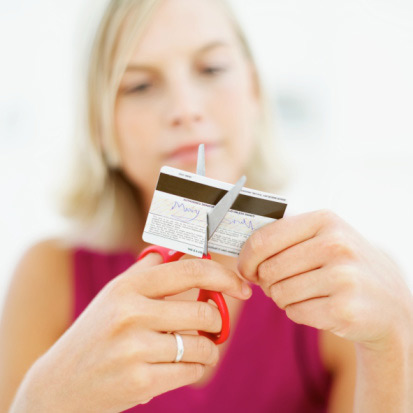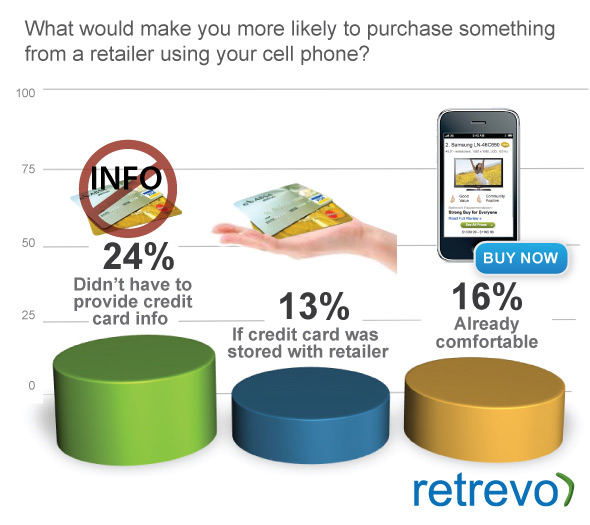For a while now, Google has been bribing people into installing Google Wallet on their smartphones, giving out a free $10 to some who activate the app. Now, it seems customers might want to go ahead and spend that money quickly.
Google announced today that it will be ending the Google Prepaid Card within the Google Wallet app. The company stated that the reason for the change is that customers can now add any credit or debit card to Google Wallet.
Starting on September 17, users will no longer be able to add funds to the prepaid card or add new prepaid cards to the app. In addition, resetting the Wallet app will cause the prepaid card to be removed. On October 17, the prepaid card will disappear from Wallet and users will not be able to spend any money they had stored on it. Google has also changed the terms and conditions for the prepaid card. Where a $2 fee was applied monthly after 180 days of inactivity, now that time period has shrunk to 30 days.
Users who don’t spend their prepaid card balance by the cut-off date, or who are unaware of the impending deactivation can receive refunds. Google states that it will add information on how to receive a refund to this page on October 17. In the meantime, Google encourages those whose prepaid card disappears after an app reset to contact Money Network, the servicer of Google Prepaid Cards, to receive a refund.











 Actually, it’s not just Google that is looking for inroads in this area. PayPal and Apple would also appear to be interested. In fact, the report suggests that PayPal is even open to partnering with companies like Google.
Actually, it’s not just Google that is looking for inroads in this area. PayPal and Apple would also appear to be interested. In fact, the report suggests that PayPal is even open to partnering with companies like Google. 
 Guest Payments is a product of PayPal’s Adaptive Payments API, and has been a heavily requested feature for users. PayPal says Guest Payments eliminates the complications merchants, developers, and startups face in accepting credit cards.
Guest Payments is a product of PayPal’s Adaptive Payments API, and has been a heavily requested feature for users. PayPal says Guest Payments eliminates the complications merchants, developers, and startups face in accepting credit cards. 

 American Express Card Acceptance – On July 13, PayPal and American Express will enter into a new card processing arrangement that requires merchants to establish a direct contractual relationship with American Express. You’ll need to accept a new agreement with American Express if you want to continue to accept American Express cards directly through Website Payments Pro and Virtual Terminal. PayPal will continue to service American Express transactions. As part of this new agreement, the fees we charge for American Express payments will change to be on par with their typical industry rates. You’ll also need to make sure that you comply with other terms in the agreement with American Express. As part of this new agreement, American Express pricing will change to be on par with their typical industry rates. You’ll also need to make sure that you comply with other terms in the agreement with American Express. This only applies to taking American Express credit cards directly. There’s no change if a consumer chooses to pay with PayPal, no matter how the account is funded.
American Express Card Acceptance – On July 13, PayPal and American Express will enter into a new card processing arrangement that requires merchants to establish a direct contractual relationship with American Express. You’ll need to accept a new agreement with American Express if you want to continue to accept American Express cards directly through Website Payments Pro and Virtual Terminal. PayPal will continue to service American Express transactions. As part of this new agreement, the fees we charge for American Express payments will change to be on par with their typical industry rates. You’ll also need to make sure that you comply with other terms in the agreement with American Express. As part of this new agreement, American Express pricing will change to be on par with their typical industry rates. You’ll also need to make sure that you comply with other terms in the agreement with American Express. This only applies to taking American Express credit cards directly. There’s no change if a consumer chooses to pay with PayPal, no matter how the account is funded.